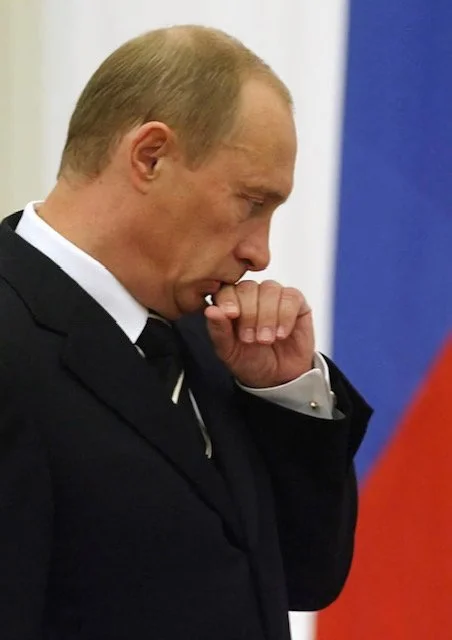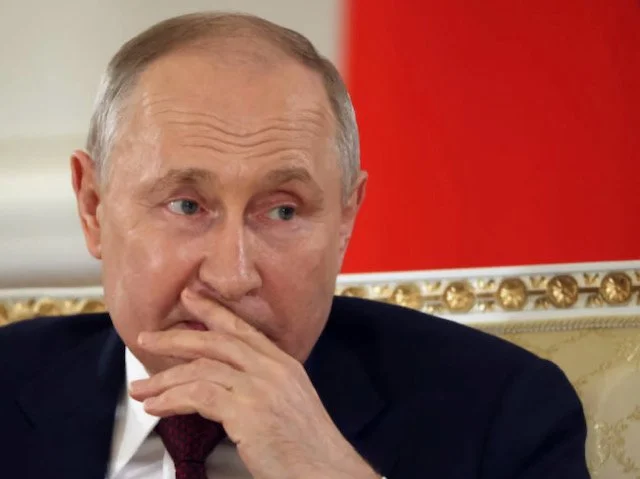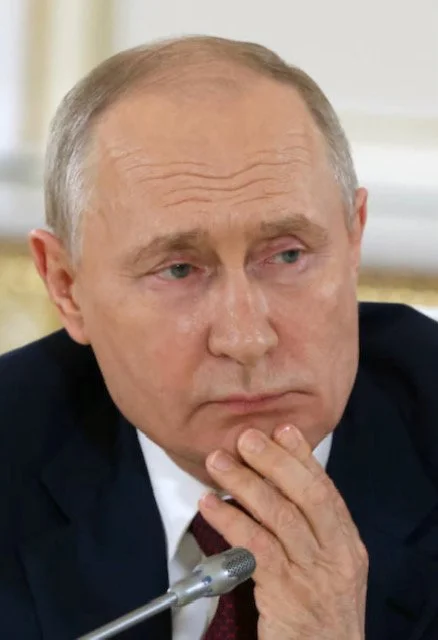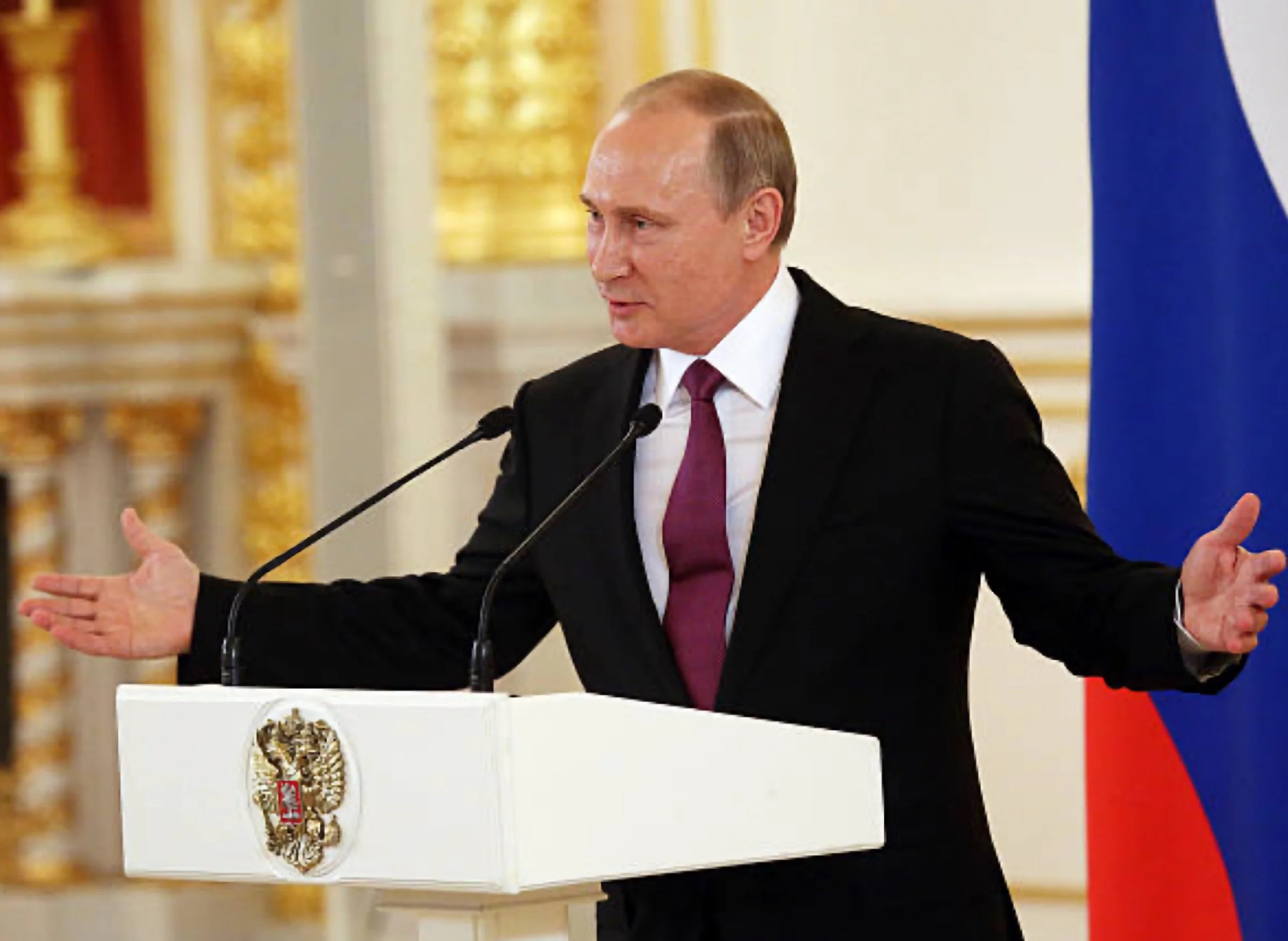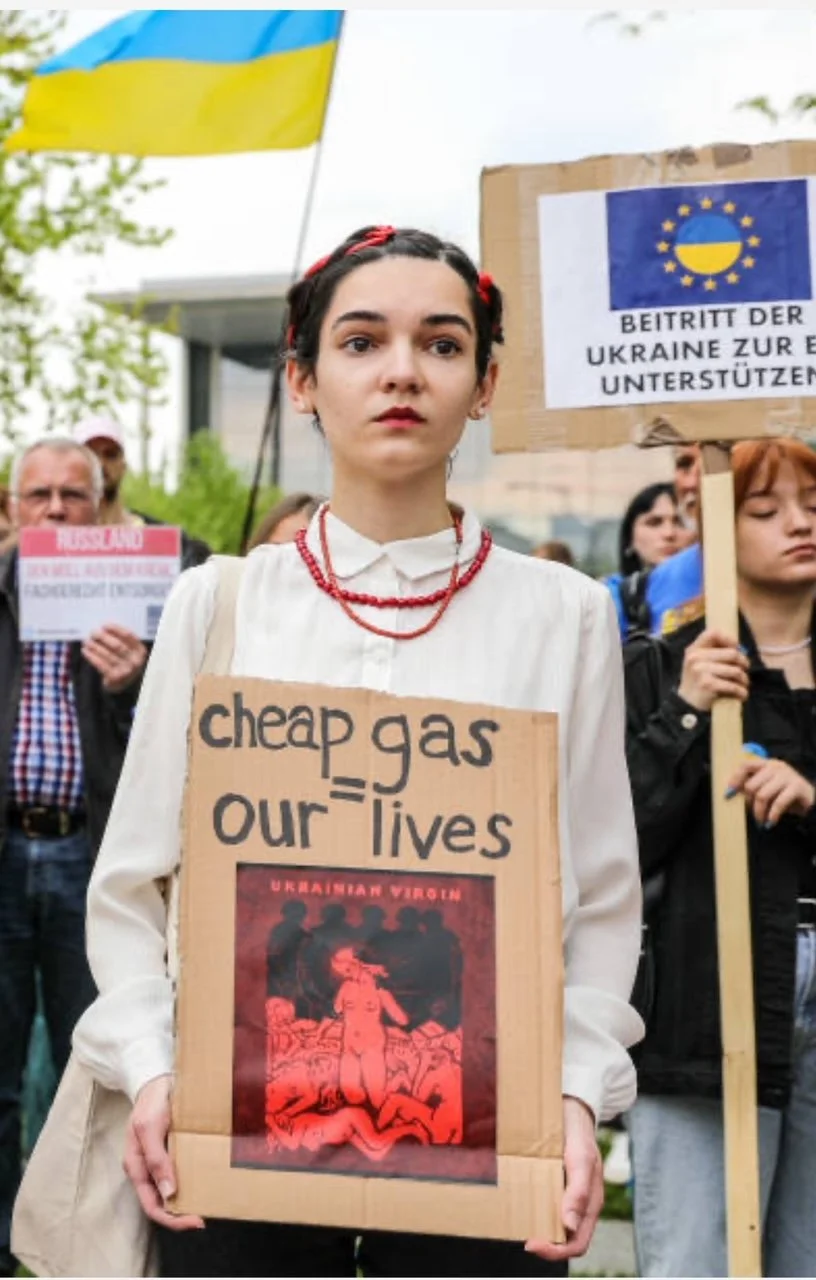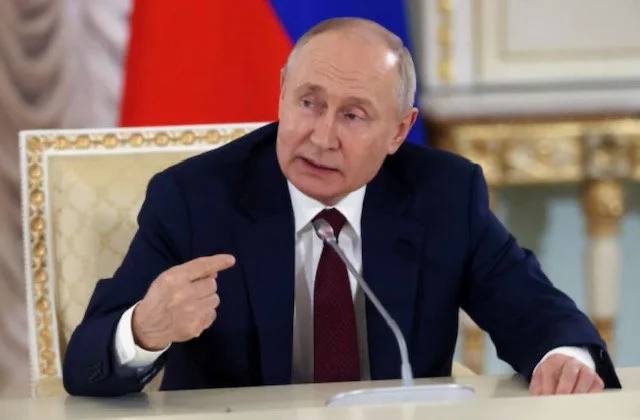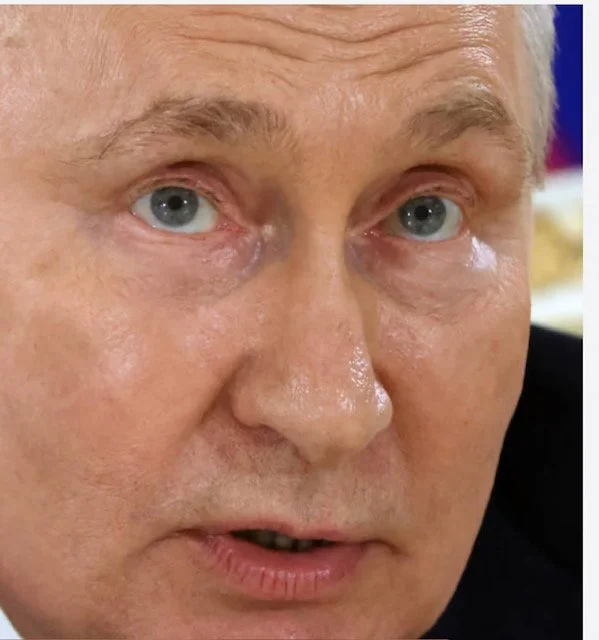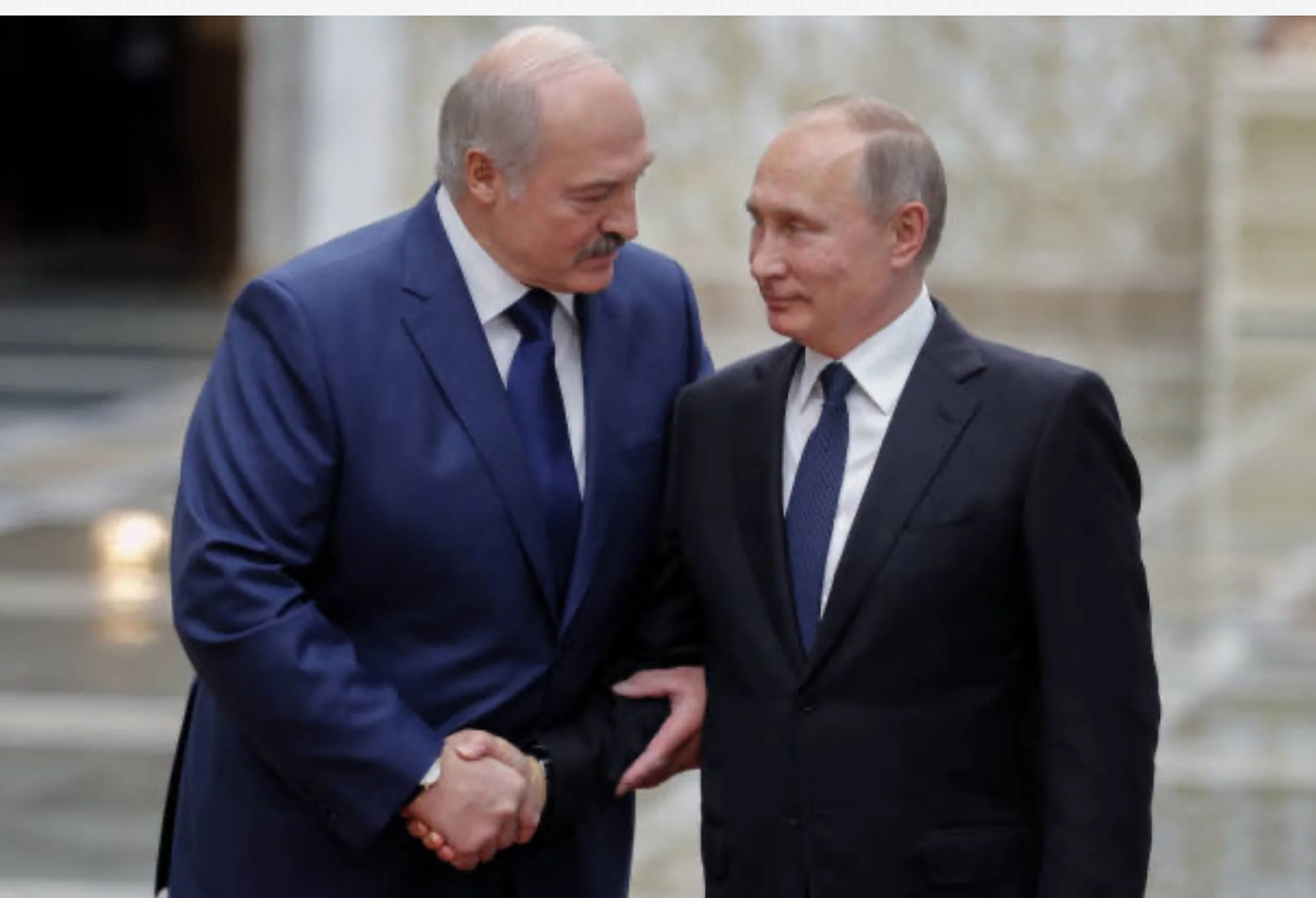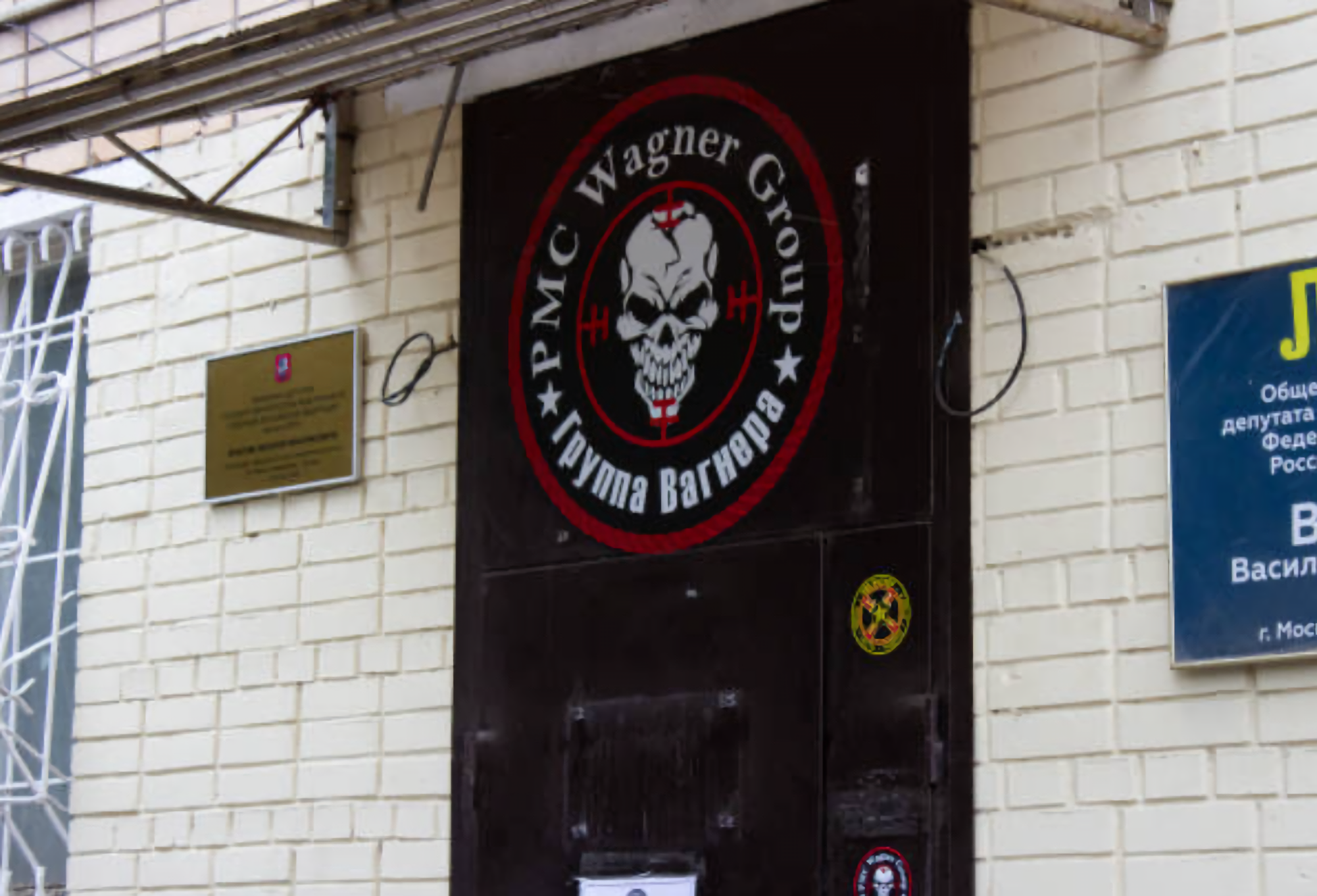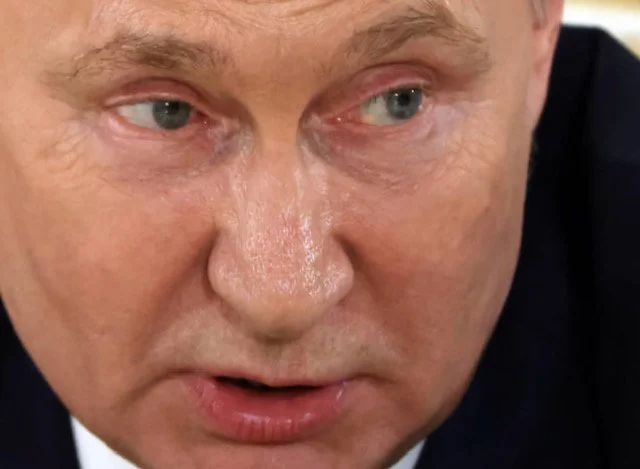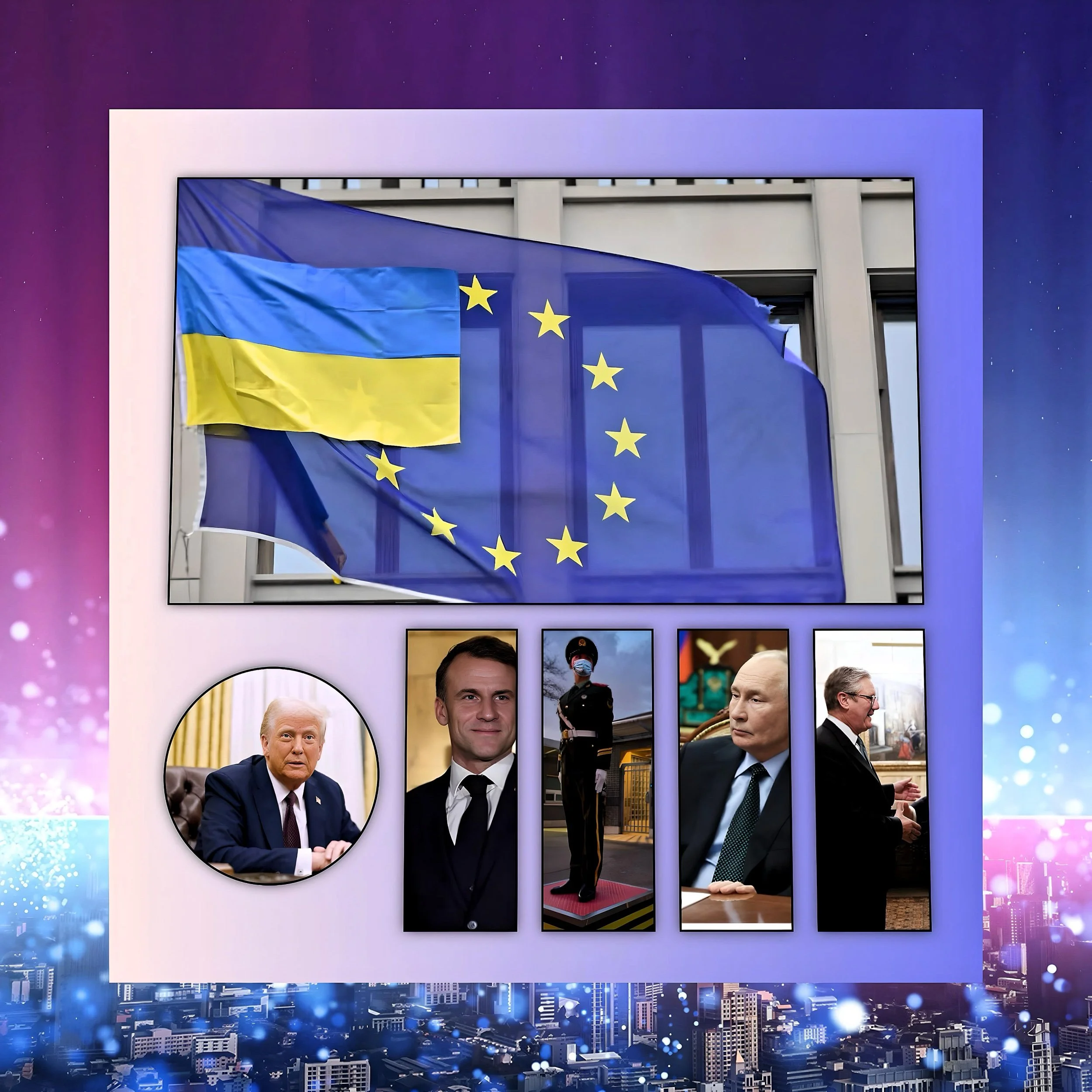What is Putin thinking? In mindset of all happening in Ukraine, EU & US
What is Putin thinking? In mindset of all happening in Ukraine, EU & US
Introduction
The idea of Vladimir Putin in Western society is complex and multifaceted.
On one hand, Putin is often seen as a strong and assertive leader who has successfully consolidated power in Russia and restored its influence on the global stage. His conservative values and tough stance on issues like crime and terrorism resonate with some in Western societies who may feel their own leaders are weak or ineffective. Additionally, his defiance of the West, particularly in response to perceived encroachments on Russia's interests, has garnered support from those who are skeptical of Western policies or who feel their own countries have been unfairly treated.
On the other hand, Putin's actions and policies have also faced criticism and skepticism in Western society. Concerns over human rights abuses, restrictions on freedom of speech and press, and the suppression of political opposition have raised eyebrows among those who value liberal and democratic ideals. Additionally, Putin's involvement in conflicts in Ukraine (2014 – present) and Syria (2011 – present), as well as allegations of interference in foreign elections, have further strained relations between Russia and the West.
Overall, the idea of Vladimir Putin in Western society is a subject of debate and disagreement. Some admire his strong leadership and defiance of the West, while others condemn his record on human rights and his actions on the global stage. The perception of Putin in Western society often reflects larger geopolitical tensions and differing perspectives on issues such as democracy and national sovereignty.
History
The war in Ukraine, which began in 2014, has had significant implications for the international situation in recent years.
The conflict in Ukraine started after the country's pro-Russian President, Viktor Yanukovych, was ousted by mass protests in February 2014. This led to Russia's annexation of Crimea and the outbreak of fighting between Ukrainian armed forces and pro-Russian separatists in the eastern regions of Donetsk and Luhansk.
The conflict quickly escalated with Russia's alleged support for the separatist groups in Eastern Ukraine. Russia's involvement included military intervention, providing arms, and allegedly deploying its own troops. This led to accusations of Russian aggression and violation of Ukraine's sovereignty, which created tensions between Russia and the West.
In response to Russia's actions, the United States, the European Union, and other Western countries imposed economic sanctions on Russia. These sanctions targeted key sectors of the Russian economy, including finance, energy, and defense. The international community also condemned the annexation of Crimea as a violation of international law.
Multiple ceasefire agreements, commonly referred to as the Minsk Agreements, were signed by Ukraine, Russia, and the separatist groups in 2014 and 2015. However, the implementation of these agreements has been challenging, with numerous violations and sporadic fighting continuing in the region. The conflict remains unresolved, causing ongoing tensions in the international arena.
The war in Ukraine has strained relationships between Russia and the West. It led to a deterioration of Russia's relationship with the United States and the European Union, with both sides engaging in tit-for-tat diplomatic expulsions and retaliatory measures. It also heightened concerns about Russia's intentions in neighboring countries and NATO's eastern borders, leading to increased military presence and exercises by NATO in the region.
The conflict in Ukraine has resulted in a significant humanitarian crisis, with thousands of people killed and millions displaced from their homes. The war has had severe socio-economic consequences for the region, with infrastructure damage, economic decline, and a strain on healthcare and basic services.
Several diplomatic initiatives have been undertaken to find a peaceful resolution to the conflict. These include talks held in the Normandy format, involving Ukraine, Russia, France, and Germany. However, despite occasional progress, a lasting and comprehensive resolution has not been achieved, leading to an ongoing stalemate.
The war in Ukraine has had a profound impact on the international situation in recent years. It has strained relations between Russia and the West, caused a humanitarian crisis, and heightened concerns about security and sovereignty in Eastern Europe. Efforts to find a peaceful resolution continue, but the conflict remains unresolved.
Facts
The construction of yet another camp for Wagner Group fighters has commenced at the Zyabrovka airfield in Belarus. The airfield, located in a remote area, has become a hub for the notorious private military company known as Wagner Group.
Observers speculate that the establishment of this new camp could have numerous implications. Some theorize that it may serve as a training ground for recruits, honing their combat skills and preparing them for future missions. Others fear that it could signify an expansion of Wagner Group's influence into Eastern Europe, potentially destabilizing the fragile political situation in the surrounding countries.
Is Putin going to drag Europe into the war? The governments of Belarus and Russia, however, remain tight-lipped about the true nature of the project. Official statements merely highlight joint military exercises and cooperation between the two nations, leaving many in the dark about the true purpose behind Wagner Group's activities in Zyabrovka.
On July 31, Prigozhin, the notorious Russian businessman and alleged leader of the Wagner Private Military Company (PMC), announced the suspension of recruitment activities carried out by Wagner. He assured the public that recruitment would resume whenever "The Motherland needs it." Despite this halt, Prigozhin revealed that Wagner's operations persist in Africa, where they are engaged in undisclosed activities. Furthermore, he disclosed that their training centers in Belarus continue to function, hinting at ongoing preparations and future deployments. Prigozhin's statement sheds light on Wagner's persistent presence on the African continent and their focus on training its members for potential future endeavors, emphasizing the group's discreet yet active involvement beyond recruitment.
For neighboring countries, this development is a cause for concern. Ukraine, already embroiled in a conflict with Russia, fears that the presence of Wagner Group fighters could further escalate tensions in the region. Governments across Europe are closely monitoring the situation, wary of any potential spillover effects or attempts to undermine regional security.
Wagner Group
The war between Russia and Ukraine has undoubtedly had an impact on Russia's economic stability. However, it is important to note that the impact has not been solely negative and that Russia has taken steps to mitigate the economic effects of the conflict.
Russia's economic stability amid the war with Ukraine can be seen as a mix of challenges and strategic responses. The economic sanctions and decline in oil prices have certainly posed obstacles. However, Russia's countermeasures, efforts to diversify the economy, and its resilience in adapting to the new geopolitical landscape have allowed it to maintain a level of stability. Will Putin have enough money if other countries join the war or will it destroy the Russian economy?
At the recent summit (July 5 – 6, 2023) in Saudi Arabia, nations convened to address Kiev's proposal for a peaceful resolution to the Ukrainian conflict. Surprisingly, Russia found itself isolated during the peace talks, with even China participating. The absence of Russian diplomats during discussions regarding conflict resolution left them feeling outraged. This unexpected exclusion from the dialogue might have caused discomfort and frustration within the Russian diplomatic community. However, it also indicates a potential shift in the international community's perspective on finding a peaceful solution to the Ukrainian crisis, where it seems that more nations are willing to engage without Russia's direct involvement. The outcome of this exclusion remains to be seen but could shape future negotiations and diplomatic efforts in the region.
Conclusion
In regards to Ukraine, Putin has taken a strong stance against the West's involvement in the country. He believes that the West has been interfering in Ukraine's internal affairs and has accused them of supporting what he calls a "coup" in 2014 when former Ukrainian President Viktor Yanukovych was ousted.
Putin also sees the expansion of the Western military alliance, NATO, into Eastern Europe as a threat to Russian security and considers it a violation of previous agreements made between Russia and the West. He has expressed concerns about the placement of NATO troops and military infrastructure near Russia's borders.
Additionally, Putin has criticized Western countries for imposing economic sanctions on Russia following its annexation of Crimea in 2014 and its military intervention in eastern Ukraine. He sees these sanctions as unfair and an attempt to undermine Russia's economy.
Overall, Putin's stance on Ukraine and the Western involvement in the country is resistant and defensive, with a belief that the West is encroaching on Russia's sphere of influence and threatening its security.

